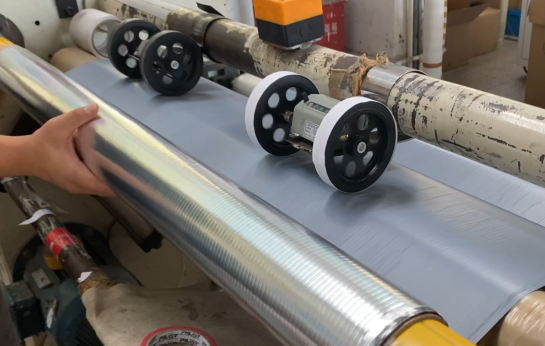Copyright © 2021 Kunshan Yuhuan Package Materials Co., Ltd. All rights reserved.
- 86 0512-50336235
- lulu@suzmc.com
- Sitemap
Butyl tape is a versatile adhesive material commonly used in various industries and applications. Its unique properties make it an ideal choice for sealing and bonding purposes. In this article, we will explore the nature of butyl tape and address the question of whether it hardens over time. We will also discuss factors influencing its hardening, storage considerations, prevention methods, and its wide range of applications.
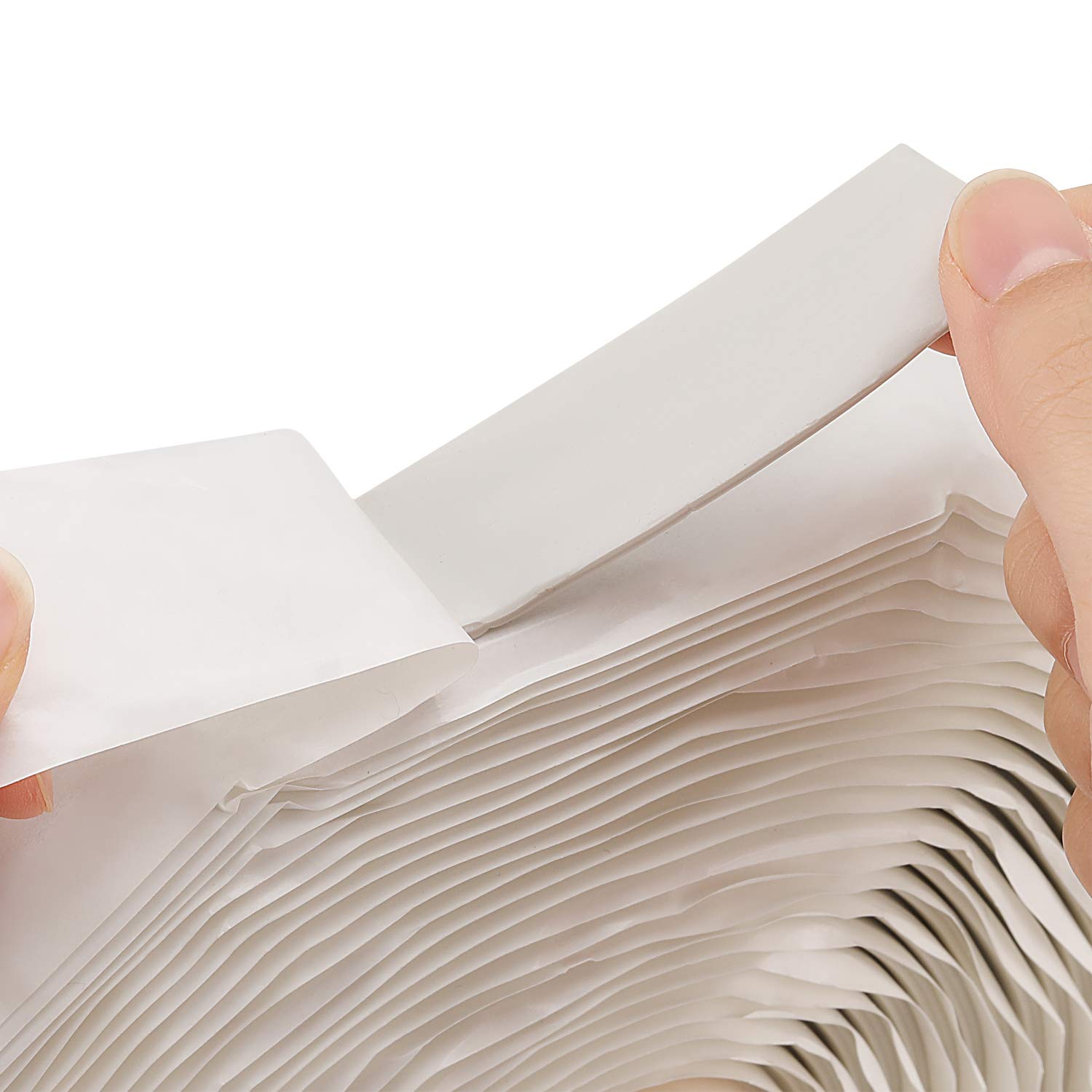
Butyl tape is a type of sealing tape made from a synthetic rubber called butyl. It is widely recognized for its superior sealing and bonding capabilities. Because of its flexibility, durability and resistance to environmental factors, butyl tape has gained popularity in the construction, automotive and manufacturing industries.
Butyl tape is a self-adhesive sealing tape that is used primarily to seal joints and seams. It is composed of a butyl rubber compound reinforced with various additives and fillers. This tape comes in rolls or strips and is easy to use on different surfaces. It adheres well to materials such as metal, glass, concrete and plastic, creating a strong and long-lasting bond.
The main component of butyl tape is butyl rubber, a synthetic rubber derived from isobutylene and isoprene. It is combined with other materials such as fillers, plasticizers and curing agents to enhance its properties. These additional ingredients help improve the tape's adhesion, flexibility, weather resistance and durability.
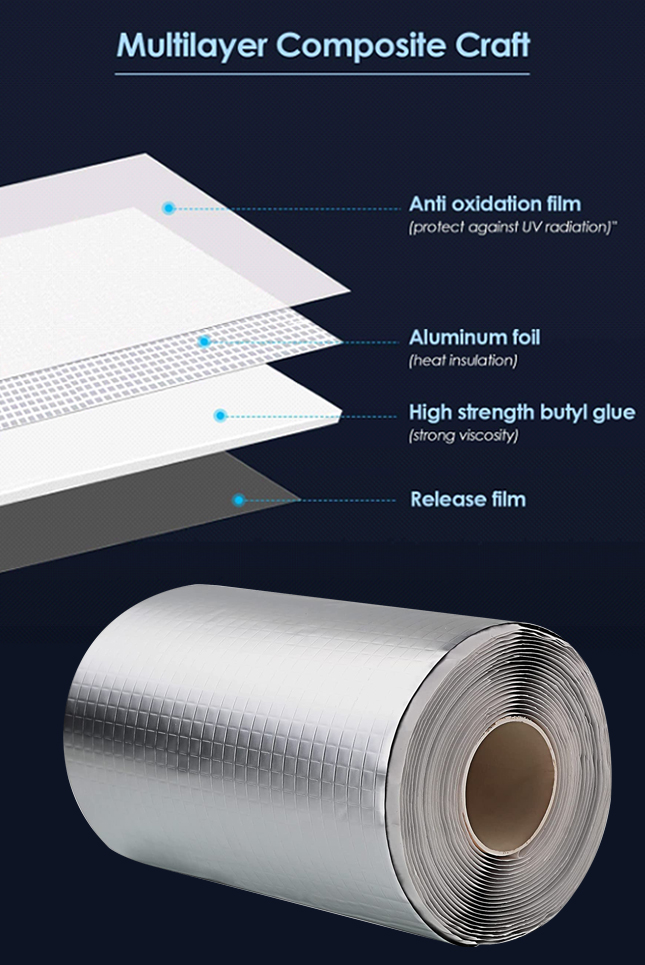
Butyl tapes exhibit several properties that make them the preferred choice for sealing and bonding applications:
Tackiness: Butyl tapes have excellent tackiness, allowing them to adhere tightly to a variety of surfaces and create an effective seal.
Flexibility: The tape is highly flexible and can adapt to irregular shapes and surfaces, ensuring a safe and reliable seal even under challenging conditions.
Weather Resistance: Butyl tapes are resistant to extreme temperatures, UV radiation, moisture and other environmental factors, making them suitable for both indoor and outdoor applications.
Waterproofing: Because of its waterproofing properties, butyl tapes are often used to prevent water ingress in critical applications such as roofing, duct and window installations.
Vibration Damping: Butyl tapes absorb vibration and reduce noise transmission, making them useful in automotive and mechanical applications.
No, butyl tapes do not harden over time. Unlike some other adhesive materials, such as epoxy or silicone, butyl tape remains flexible and retains its adhesive properties even after prolonged use. It maintains its ability to seal and bond effectively without becoming brittle or losing its flexibility.
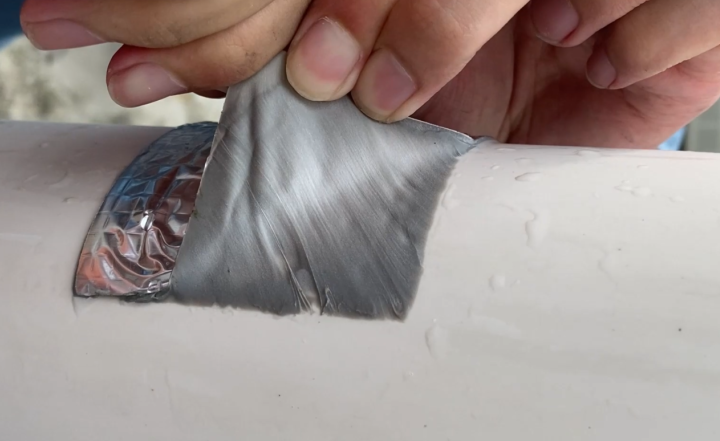
While butyl tape itself does not harden, certain factors can affect its performance, resulting in compromised adhesion or function:
Temperature: Extreme temperature fluctuations can affect the tape's performance. Excessive temperatures can soften the tape, while extreme cold can make it less pliable and affect its normal ability to adhere.
UV Exposure: Constant exposure to ultraviolet (UV) radiation from the sun can degrade the tape's outer surface and reduce its life. UV-resistant butyl tapes can be used in applications that require reinforcement.
Chemical Exposure: Some chemicals, solvents, or oils can deteriorate the properties of butyl tape, leading to reduced adhesion and compromised sealing capabilities. It is important to select the appropriate tape for specific chemical environments.
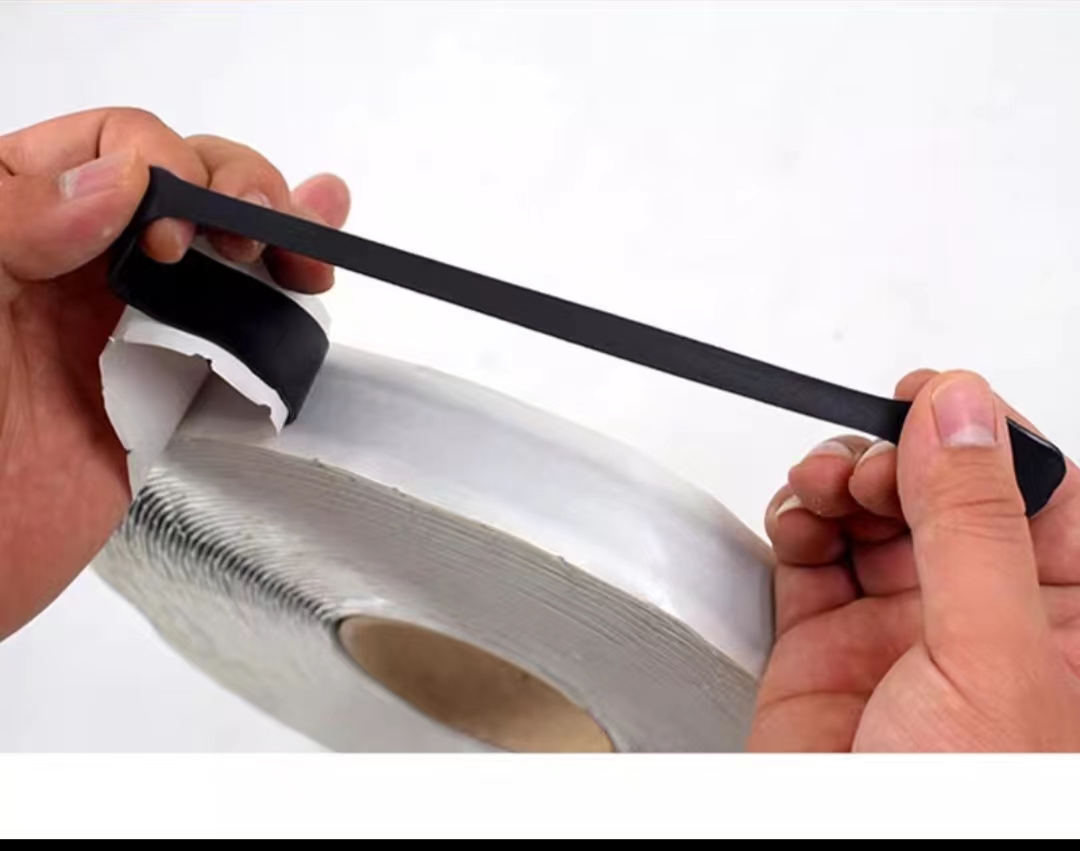
Proper storage is essential to maintain the quality and effectiveness of butyl tape. The tape should be stored in a cool, dry place away from direct sunlight, excessive heat, and humidity. It is advisable to keep the tape in its original packaging or sealed containers to prevent exposure to air, moisture, or contaminants. When stored correctly, butyl tape can have a shelf life of several years.
To ensure the longevity and optimal performance of butyl tape, consider the following preventive measures:
Proper Installation: Ensure that the tape is applied correctly, following the manufacturer's instructions. This includes cleaning and preparing the surface, applying sufficient pressure for proper adhesion, and ensuring airtight sealing.
Avoid Extreme Temperatures: Protect the tape from extreme temperature conditions, both during storage and application. Store it in a climate-controlled environment and avoid exposing it to excessive heat or cold during installation.
Select UV-Resistant Variants: When using butyl tape in outdoor applications, choose UV-resistant versions specifically designed to withstand prolonged exposure to sunlight.
Avoid Chemical Exposure: Select the appropriate type of butyl tape that is resistant to the chemicals present in the intended environment. Consult the manufacturer's guidelines or seek professional advice for applications involving chemicals.
Butyl tape finds wide-ranging applications across various industries, including:
Construction: Butyl tape is used for sealing joints and seams in construction projects, including roofing, windows, doors, and HVAC systems.
Automotive: It is used for sealing windshields, sunroofs, and body panels, as well as for vibration damping and noise reduction in vehicles.
Manufacturing: Butyl tape is utilized in the manufacturing industry for sealing and bonding applications in products like appliances, electronics, and containers.
Marine: It is commonly employed in marine applications to provide watertight seals on boat decks, hatches, and windows.
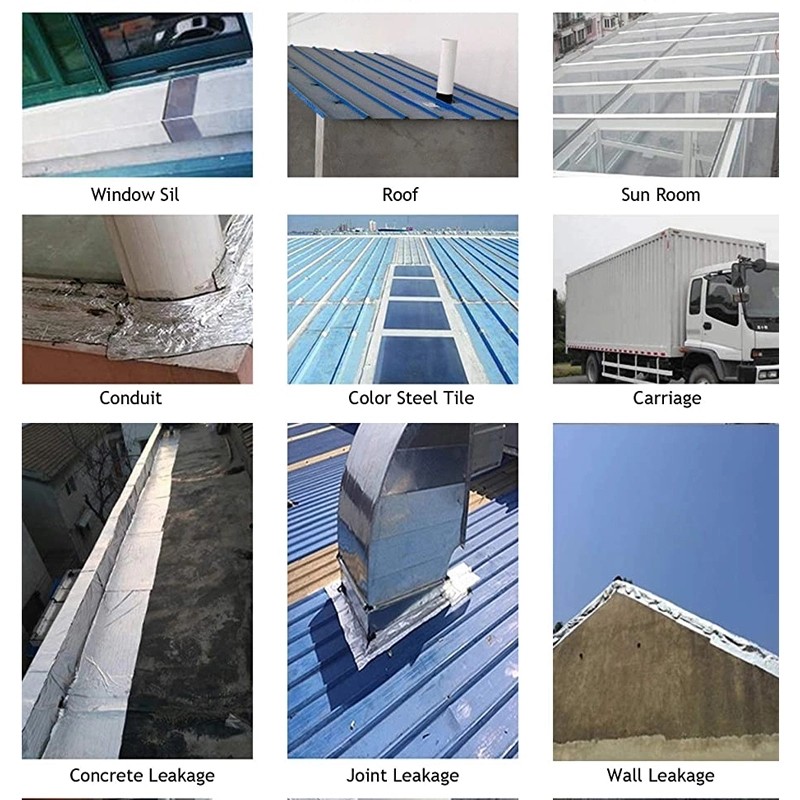
Butyl tape is a flexible and reliable adhesive material that does not harden over time. Its exceptional sealing properties, flexibility, and resistance to environmental factors make it an ideal choice for various applications. By understanding the factors influencing its performance, properly storing it, and following installation guidelines, one can ensure its long-lasting effectiveness.
Q: Can butyl tape be used for underwater applications?
A: Yes, there are specialized underwater versions of butyl tape available for applications such as pool repairs or underwater pipe sealing.
Q: Can butyl tape be painted over?
A: Yes, butyl tape can be painted over using compatible paints or coatings. Ensure the tape is clean and dry before applying paint.
Q: Is butyl tape removable?
A: Butyl tape is generally not designed to be easily removable once applied. It forms a strong bond and provides long-lasting sealing.
Q: Can butyl tape be used for electrical insulation?
A: Yes, butyl tape is often used for electrical insulation purposes due to its dielectric properties and sealing capabilities.
Q: Can butyl tape be used on all types of surfaces?
A: Butyl tape adheres well to a wide range of surfaces, including metal, glass, concrete, plastic, and wood. However, surface preparation may be necessary for optimal adhesion.
Kunshan Yuhuan is a leading professional tape manufacturer with 18 years of production experience in China. Their professional research team can produce compliant products that meet various testing regulations.
Yuhuan uses quality materials in their manufacturing process to ensure the durability and longevity of their butyl tapes. This ensures optimal performance even in harsh environmental conditions, making them suitable for both indoor and outdoor applications.
By choosing Kunshan Yuhuan, you can be sure you are working with a reputable manufacturer, contact us today for all your butyl sealing tape needs.
